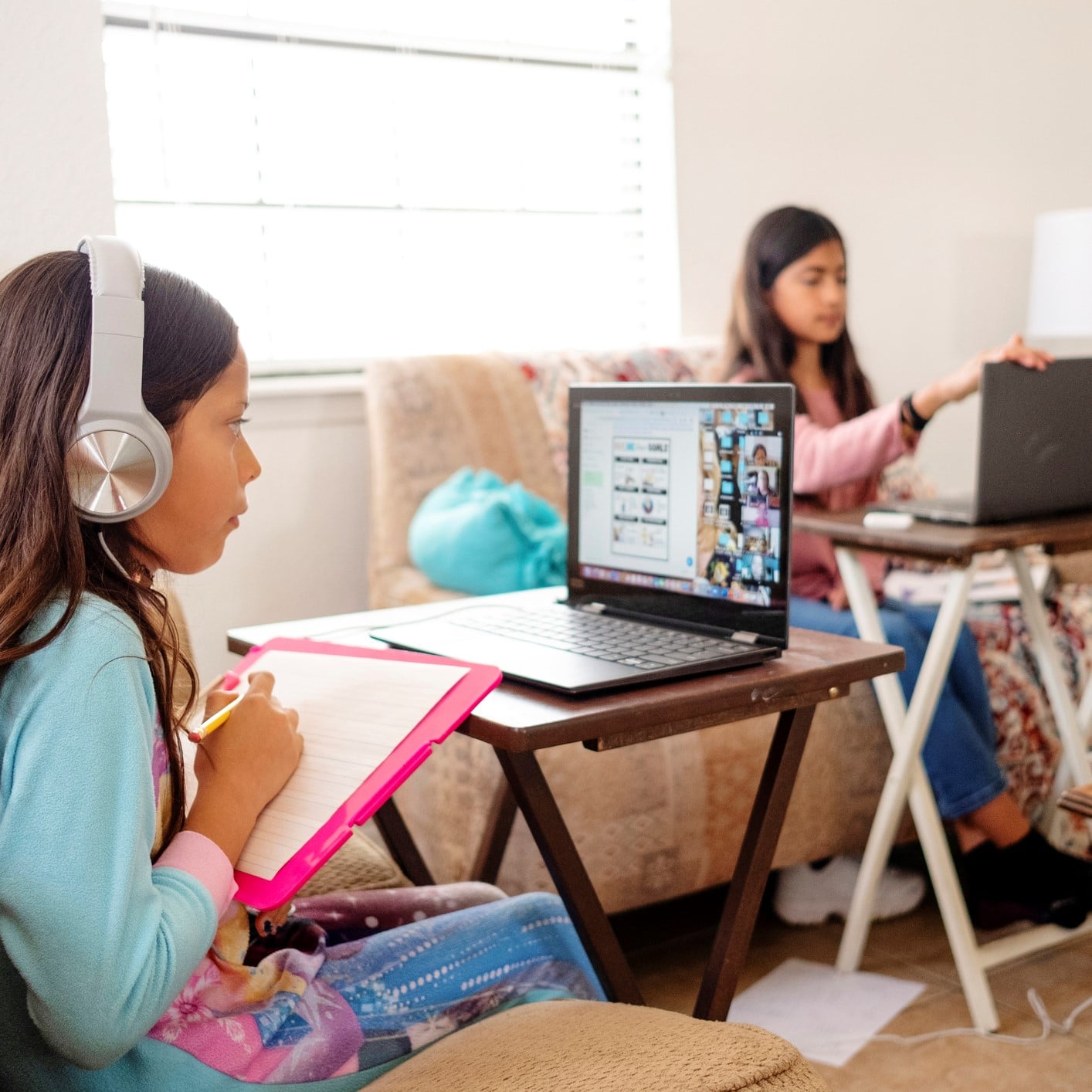The latest round of grants from the FCC’s Emergency Connectivity Fund (ECF) will provide more than $65 million in support for students in Alaska, Indiana, Minnesota, Oklahoma, Puerto Rico and Texas.
In all, about 170,000 students will benefit. The funding round will support more than 200 schools, 20 libraries and two consortia.
The ECF, which is part of the American Rescue Plan Act, was developed to blunt the impact of the COVID-19 pandemic on students and others. It is administered by schools and libraries and provides devices and off-campus connectivity for students and library patrons.
The funding round is entirely from the third of the three funding windows into which the program is divided.
“With this new round of funding, more kids will have the digital tools they need to connect with teachers and online assignments after school,” FCC Chairwoman Jessica Rosenworcel said in a press release. “This program is bringing us closer to the goal of closing the Homework Gap so all students have the resources they need to do well in school and beyond.”
So far, the ECF has committed more than $6.4 billion of the $7.17 it eventually will award. To date, the program has pledged to support about 10,000 schools, 1,000 libraries, and 100 consortia. It also has provided more than 12 million connected devices and more than 8 million broadband connections.
The first window so far has announced grants of approximately $4.1 billion, the second window has announced grants of $833 million and the third has announced grants of $1.5 billion.
Last month, the ECF announced grants of almost $84 million to support approximately 140,000 students primarily in California, Georgia, Iowa, North Carolina, Minnesota, Oklahoma, Pennsylvania, and South Carolina. The funding will support more than 180 schools, 20 libraries, and five consortia.



